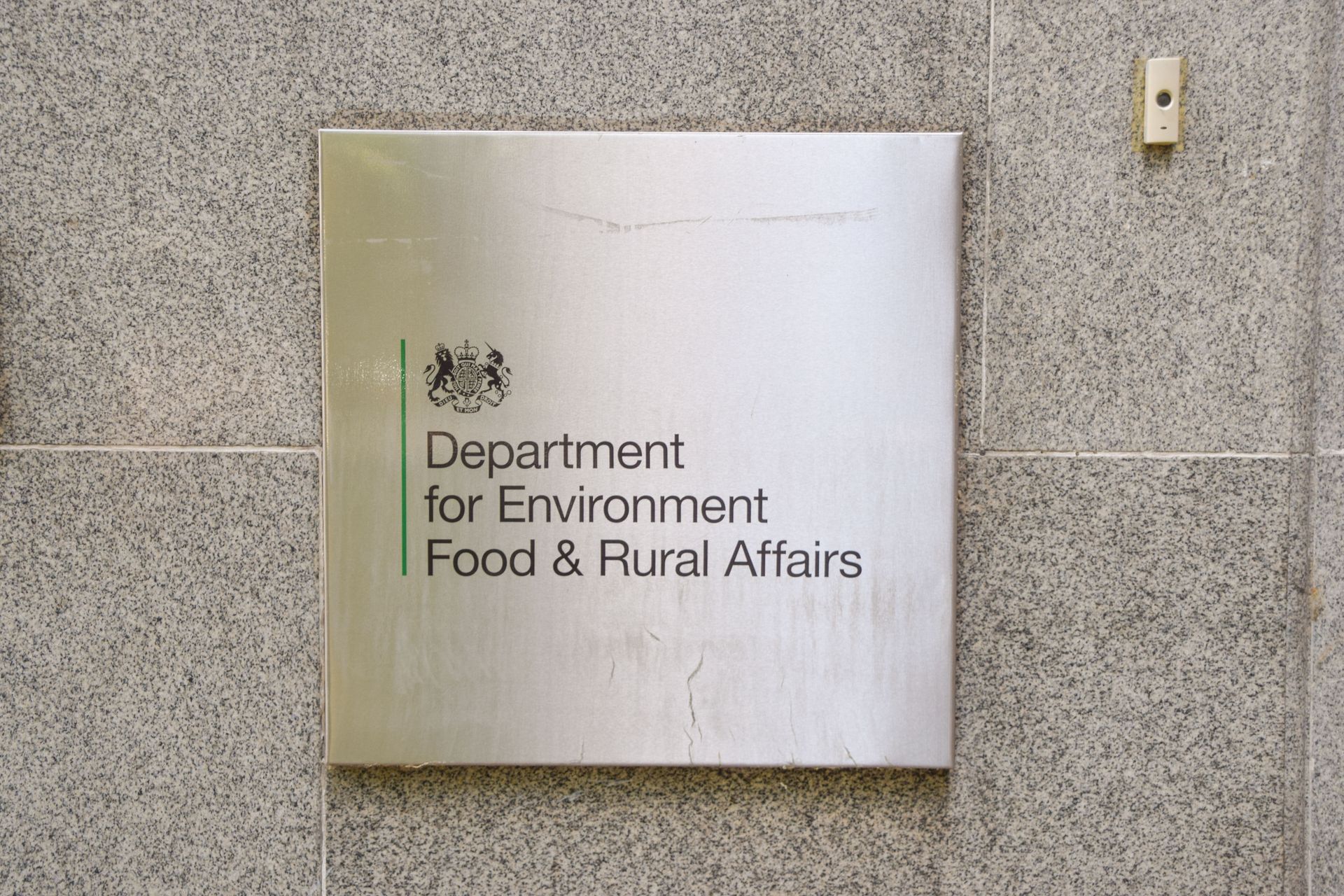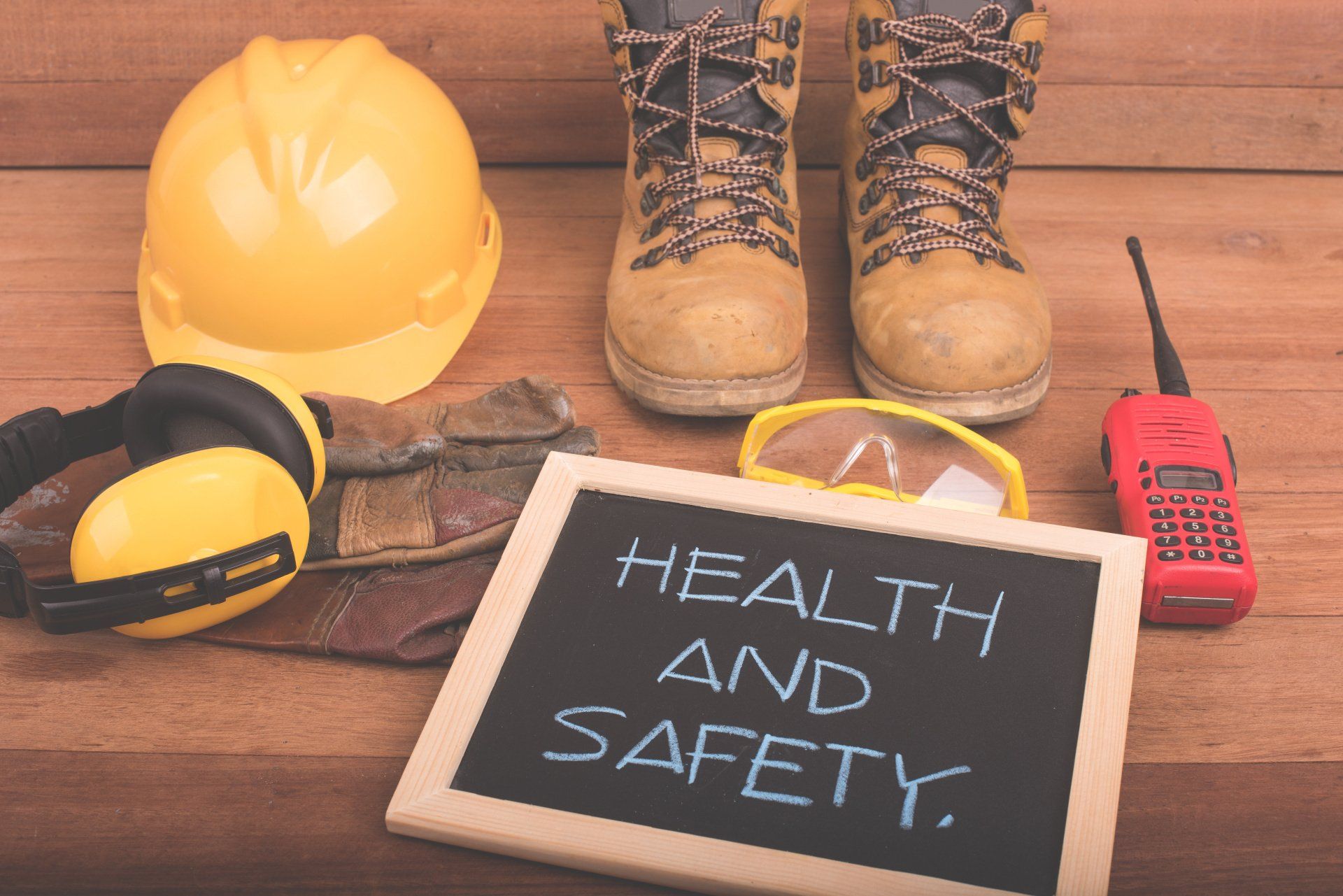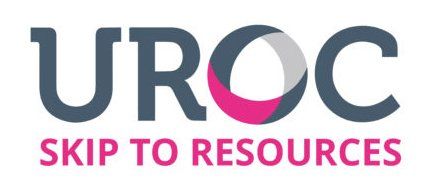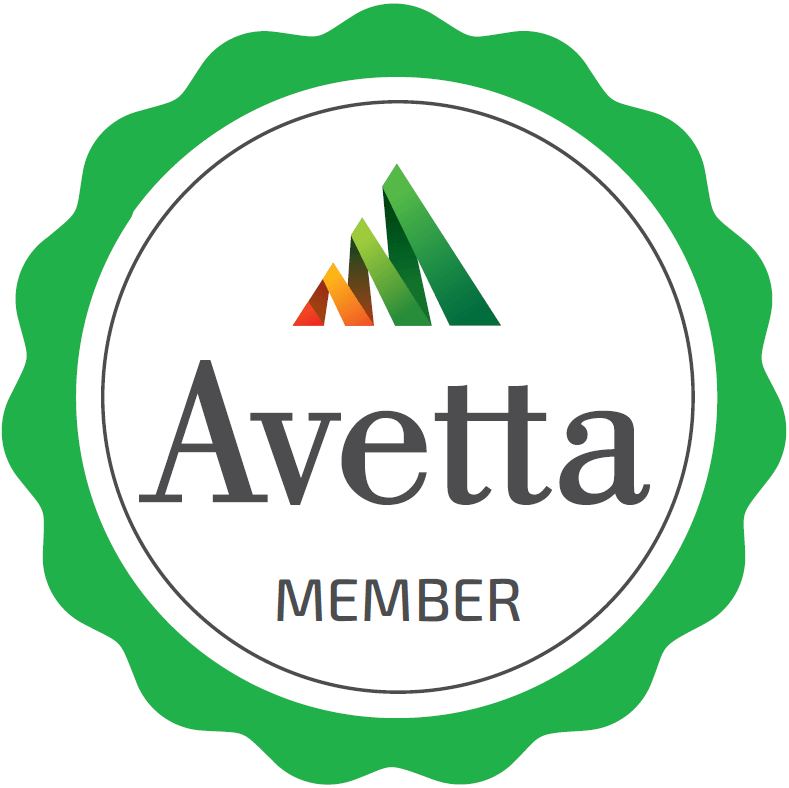Amendment to the Personal Protective Equipment Regs
On 6 April 2022 the Personal Protective Equipment at Work (Amendment) Regulations 2022 (PPER 2022) come into force and amend the 1992 Regulations (PPER 1992).

They extend employers’ and employees’ duties regarding personal protective equipment (PPE) to limb (b) workers.
Duties unchanged but extended
Under PPER 2022, the types of duties and responsibilities on employers and employees under PPER 1992 will remain unchanged but will extend to limb (b) workers, as defined in PPER 2022.
If PPE is required, employers must ensure their workers have sufficient information, instruction and training on the use of PPE.
A limb (b) worker will have the duty to use the PPE in accordance with their training and instruction, and ensure it is returned to the storage area provided by their employer.
You can find guidance on the PPE duties in:
🟢 Personal protective equipment at work (L25) - https://www.hse.gov.uk/pubns/priced/l25.pdf
🟢 Risk at work - personal protective equipment (PPE) - https://www.hse.gov.uk/toolbox/ppe.htm
The HSE will publish updated guidance incorporating the changes made by PPER 2022 before the Regulations come into force.
What this means for employers
PPER 1992 places a duty on every employer in Great Britain to ensure that suitable PPE is provided to ‘employees’ who may be exposed to a risk to their health or safety while at work.
PPER 2022 extends this duty to limb (b) workers and comes into force on 6 April 2022. Employers need to carefully consider whether the change to UK law apply to them and their workforce and make the necessary preparations to comply.
What this means for limb (b) workers
If a risk assessment indicates that a limb (b) worker requires PPE to carry out their work activities, the employer must carry out a PPE suitability assessment and provide the PPE free of charge as they do for employees.
The employer will be responsible for the maintenance, storage and replacement of any PPE they provide. As a worker, you will be required to use the PPE properly following training and instruction from your employer. If the PPE you provide is lost or becomes defective, you should report that to your employer.
Definitions of limb (a) and limb (b) workers
In the UK, section 230(3) of the Employment Rights Act 1996’s definition of a worker has 2 limbs:
- Limb (a) describes those with a contract of employment. This group are employees under the Health and Safety at Work etc Act 1974 and are already in scope of PPER 1992
- Limb (b) describes workers who generally have a more casual employment relationship and work under a contract for service – they do not currently come under the scope of PPER 1992
PPER 2022 draws on this definition of worker and captures both employees and limb (b) workers:
‘“worker” means ‘an individual who has entered into or works under –
- (a) a contract of employment; or
- (b) any other contract, whether express or implied and (if it is express) whether oral or in writing, whereby the individual undertakes to do or perform personally any work or services for another party to the contract whose status is not by virtue of the contract that of a client or customer of any profession or business undertaking carried on by the individual;
and any references to a worker’s contract shall be construed accordingly.’
General duties of limb (b) workers
Generally, workers who come under limb (b):
- carry out casual or irregular work for one or more organisations
- after 1 month of continuous service, receive holiday pay but not other employment rights such as the minimum period of statutory notice
- only carry out work if they choose to
- have a contract or other arrangement to do work or services personally for a reward (the contract doesn’t have to be written) and only have a limited right to send someone else to do the work, for example swapping shifts with someone on a pre-approved list (subcontracting)
- are not in business for themselves (they do not advertise services directly to customers who can then also book their services directly)
As every employment relationship will be specific to the individual and employer, the precise status of any worker can ultimately only be determined by a court or tribunal.
Please note: These changes do not apply to those who have a ‘self-employed’ status.
More on employment status (GOV.UK website)
For more information visit https://www.hse.gov.uk/ppe/index.htm
Disclaimer: This extract was taken from hse.gov.uk for the sole purpose of raising awareness of the changes coming into effect on the 6th of April 2022 regarding the Personal Protective Equipment at Work (Amendment) Regulations 2022 (PPER 2022).
You can also follow us on social media!


















